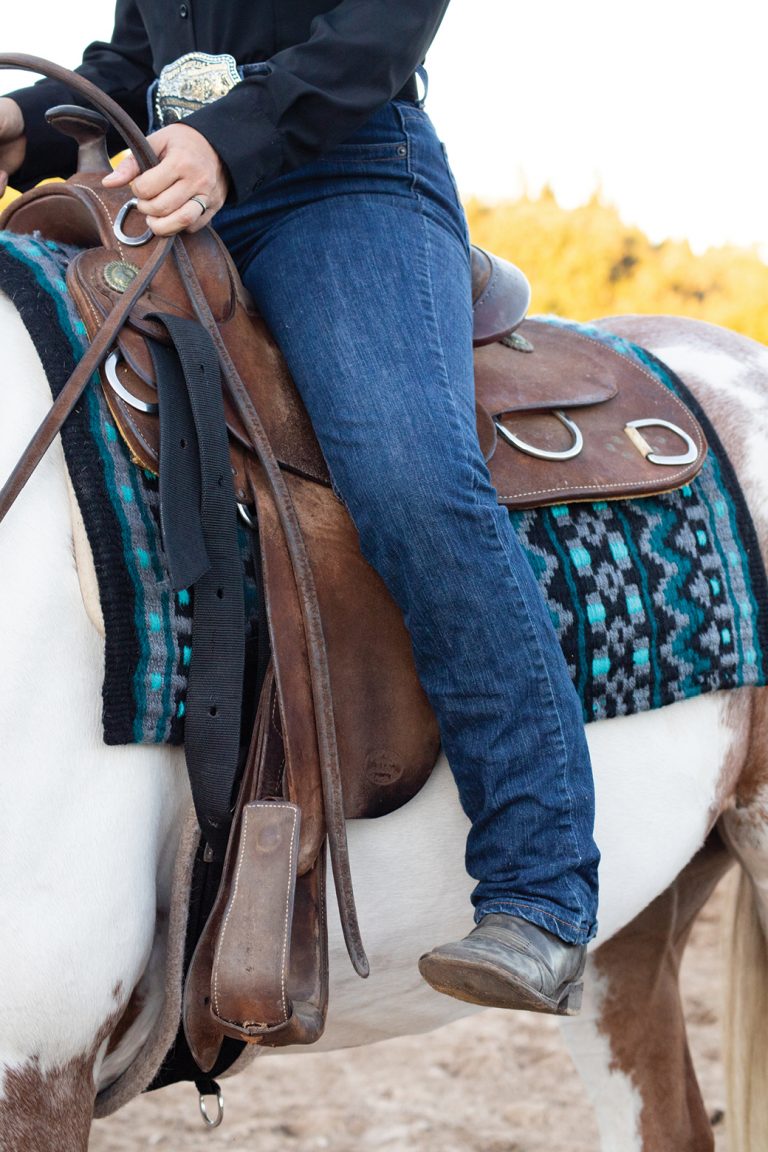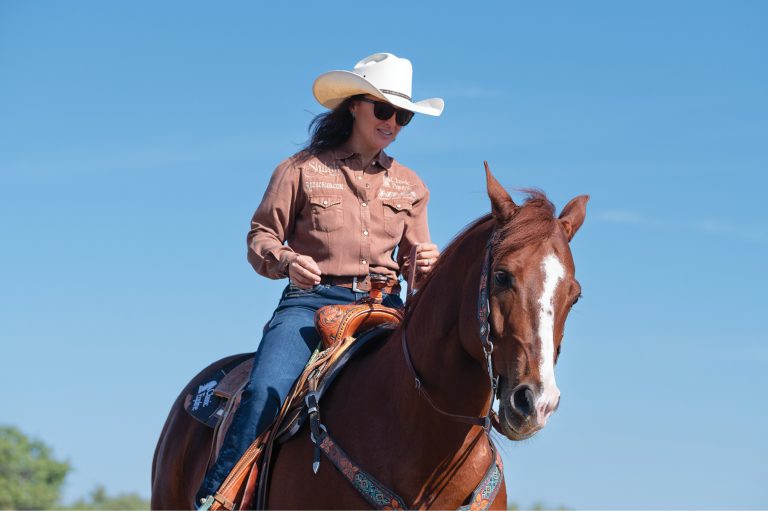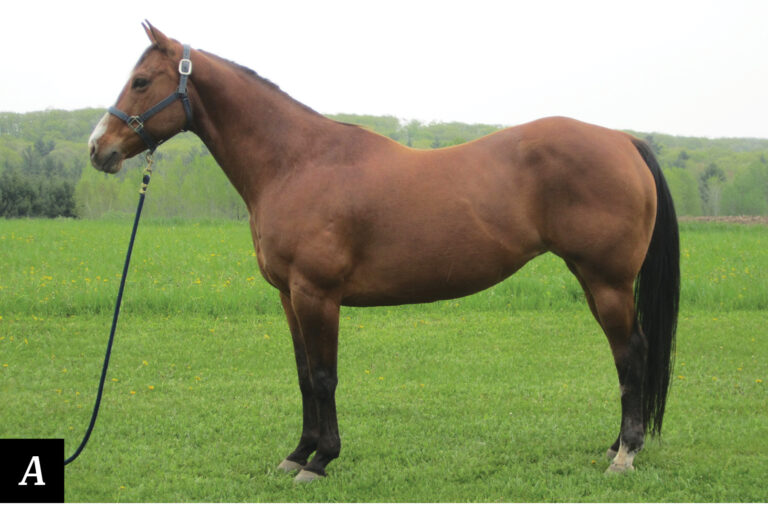How you keep and manage your horse has a crucial effect on his risk of developing colic. Veterinarian Julie Dechant, DVM, MS, DACVS, of the Equine Surgical Emergency and Critical Service at the School of Veterinary Medicine, UC Davis, offers the following colic-prevention tips to reduce your horse’s risk of many types of colic:

- Feed a high-quality diet on a regular schedule; horses thrive on routines. Provide grazing–a horse’s most natural food source–as much and often as possible.
- Make any changes in your horse’s feed gradually over several days to avoid upsetting your horse’s system.
- Have fresh, clean water of a drinkable temperature available at all times.
- Provide regular deworming and dental care to promote normal function of the digestive tract.
- Give your horse daily exercise, through riding or turnout, to increase his intestinal motility and keep him in a good state of mind.
- Check his environment regularly for toxic plants or substances.
- Minimize stress by avoiding frequent changes to his management or routine.
- If he’s in a sandy environment, place his hay in a feeder or on a rubber mat to avoid his ingesting sand (which can lead to sand colic).
- Ask your vet about other regional colic concerns, such as enterolith (intestinal stone) formation in the sun belt; ileal impaction in the Southeast; and blister beetle toxicity wherever these pests may be present in hay.
[IMPORTANT do’s and don’ts in the event your horse colics.]
[GET THIS! Your handy, downloadable chart of colic symptoms.]




